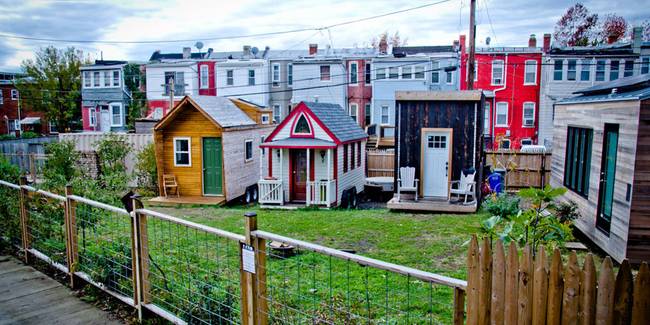The average American will own three to four homes in their lifetime. And while your first house probably won’t be your dream house, it will be one of the more memorable. The hope is that this memory is a positive one, rather than a financial curse or burden that you can’t get rid of.
As you begin the homebuying process, you’d do well to educate yourself on the basics. This includes tips and best practices for financing, searching for homes, negotiating, doing due diligence, etc. You’ll also want to make yourself aware of some of the pitfalls and red flags that often line the path to purchase.
In regards to this latter point, here are some of the mistakes every first-time homebuyer – yourself included – should avoid at all costs:
- Failing to Prepare Finances in Advance
Many first-time buyers assume they can just flip on a switch and start the homebuying process. And while you technically can – it’s called getting pre-qualified – it’s not something you should do without a little prep work.
First-time buyers are wise to begin preparing to buy a house at least three to six months prior. During this time, you need to carefully analyze your finances and get all of your ducks in a row. Here are some steps you should take:
- Pull your credit report and look for any errors that need to be corrected.
- Pay off as much bad debt as possible and avoid taking on any new debt.
- Gather any financial documentation that you may need in the underwriting process.
- Begin piling up as much cash as you possibly can.
A failure to address your finances in advance could put you in a precarious situation where you get pre-qualified but have your financing fall through when the lender does more investigative work.
- Blindly Accepting Loan Amount
When a lender offers you a certain amount of money, they’re basically telling you that their computer algorithms believe you have the ability to pay this amount each month. The problem is that they don’t know your entire financial picture. It’s entirely likely that you taking on the full loan amount could actually be detrimental to your budget.
If a lender approves you for a $250,000 loan, there’s nothing wrong with only using $225,000. Don’t make the mistake of blindly accepting the loan amount and assuming that you have to use every last penny.
- Failing to Differentiate Between Needs and Wants
When buying a house, there’s a big difference between needs and wants. If you fail to properly separate the two, you’ll be disillusioned in your search for the right property.
A need is something that you must have – it’s a dealbreaker. Needs include things like location, number of bedrooms, price, master on the main, fenced backyard, garage, etc. Wants are nice-to-haves. This includes things like brick siding, big front yard, quartz countertops, hardwood floors, etc.
Wants are important, but they only come into play after all of your needs have been satisfied.
- Letting Emotions Cloud Your Decisions
“Buying a home is exciting, and in many cases, sentimental,” Green Residential points out. “But if you allow your emotions to get the best of you during this process, it can lead to a decision you’ll ultimately regret. When buying a house, logic should take precedence over emotions, and you’ll need to keep your emotions in order when searching for houses.”
This isn’t to say emotions are out of place when buying a house, but you need to avoid letting them cloud your decision making. This is one instance in life where facts matter more than feelings.
- Settling
Home shopping fatigue is a real thing – especially in a hot market. First-time homebuyers often find themselves looking for properties in very competitive price points. This can mean a lot of striking out before finally finding the right property. And if it just so happens that someone else makes a better off on the property you want, you can quickly become dismayed.
When you do get down, it’s best to step away for a few days. Otherwise, you may end up settling for a house that you really have no business buying.
Set Yourself Up for Success
You might only own your first home for two or three years before your family grows and you need to upgrade. But regardless of how long you intend on staying in the house, you need to make sure you’re disciplined throughout the buying process. A mistake could cost you for decades to come, while a savvy move could catalyze you toward bigger and better things. Be intentional and put one proverbial foot in front of the other.




